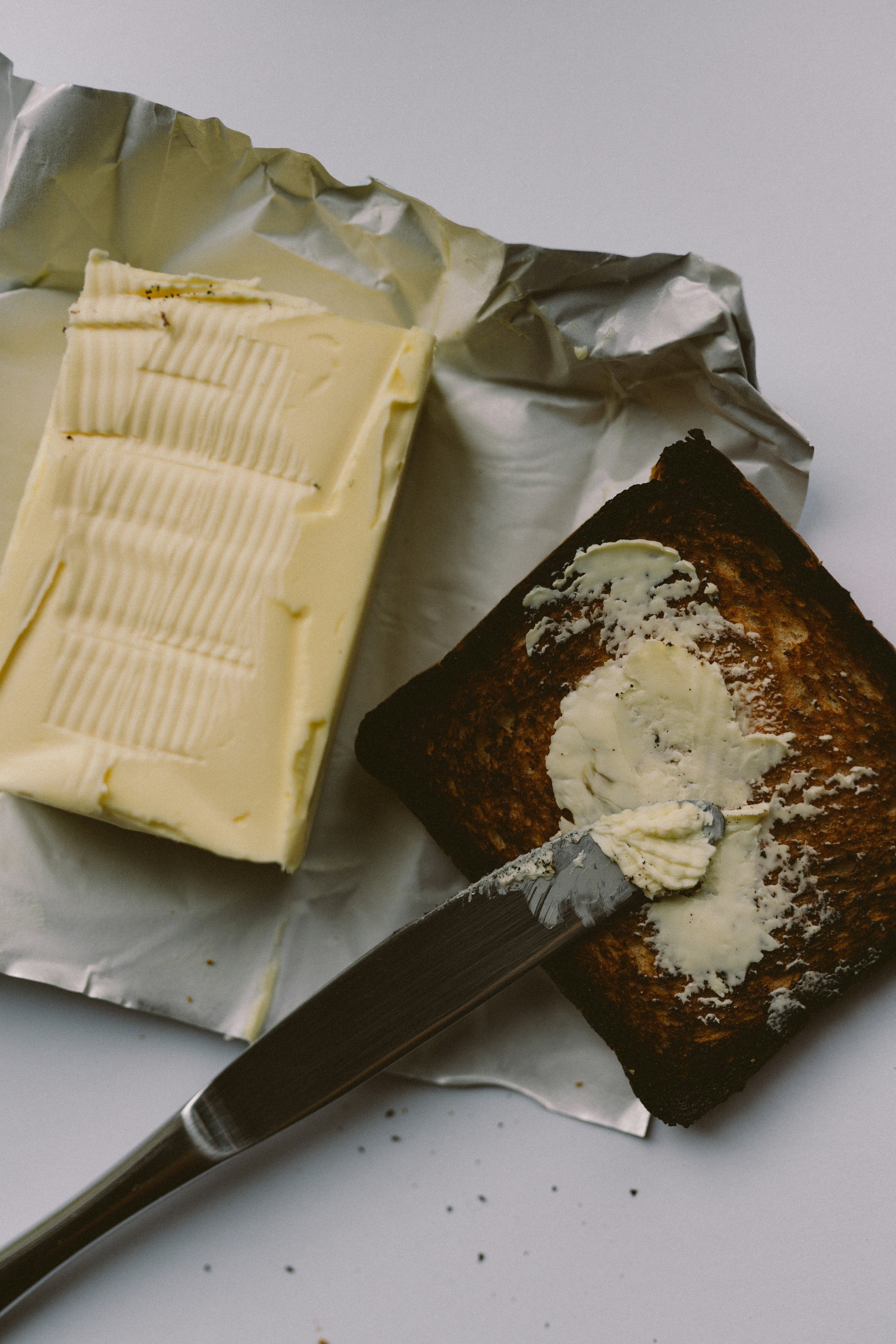When Norway Ran Out of Butter and Why It Still Matters
In 2011, Norway faced a nationwide ‘butter crisis’. When poor milk yields, strict import rules, and soaring demand emptied store shelves before Christmas. The shortage exposed how overreliance on a single supplier and panic driven hoarding can cripple even advanced economies.

Pitcure of butter by Unsplash
When people think of crises in wealthy nations, they usually imagine banking collapses, oil shortages, or political scandals. Not empty shelves where butter should be. Yet that’s exactly what happened in Norway during the winter of 2011, when the country found itself in the middle of a bizarre ‘butter panic.’
For weeks, Norwegians struggled to find the golden spread that’s central to their holiday cooking. This wasn’t any minor inconvenience. It was a national event that made international headlines. Exposing how fragile even the most developed supply systems can be.
Gear Spotlight: Relevant to This Story


The problem began months earlier. When an unusually wet summer led to poor-quality animal feed. Leading to less milk production. Dairy cows simply produced less. As a result, there was less cream to turn into butter. At the same time, butter consumption surged. Due to a nationwide obsession with low-carb and high-fat diets. Revealing butter as healthy food. Demand skyrocketed by nearly a third. Just as supply was falling through the floor.
The result was predictable. Store shelves went bare. Prices exploded. Norwegians started hoarding butter like it was wartime sugar.
But the real issue went deeper than weather or diet trends. Norway’s dairy industry was and still largely is dominated by a single company called Tine. This company didn’t just make up about 90 percent of the country’s butter. It also had a say in how production was managed and supply strategy to the market.
Add to that Norway’s notoriously high import tariffs on dairy products. Which made it nearly impossible to bring in cheaper butter from neighboring countries in time to meet demand. Thus, when Tine stumbled, the entire nation felt the impact.
As the shortage worsened, things became comical. Packs of butter were being resold online for ten or twenty times their normal price. People were smuggling butter across the Swedish border. School fundraisers started raffling off butter instead of candy. All this chaos came right before Christmas. A time when Norwegians traditionally bake butter-rich cookies and pastries. This turned a seemingly small inconvenience into a cultural crisis. For many families, Christmas just didn’t taste the same.
For anyone interested in global economics, logistics, or even military readiness the Norwegian butter crisis carries serious lessons. It shows how easily a seemingly minor disruption can ripple through an entire system. When there’s too much dependence on a single supplier or too much faith in the assumption that ‘it can’t happen here.’
The butter crisis also revealed the power of consumer behavior in amplifying chaos. The more people panicked and hoarded, the worse the shortage became. It was a vivid example of how fear can move markets faster than facts. A phenomenon anyone who’s watched runs on fuel or toilet paper during global disruptions will recognize instantly.
What happened in Norway over a decade ago still resonates today. It’s a story about how prosperity can breed complacency. Or how even the most stable systems can crack when pressure hits.













